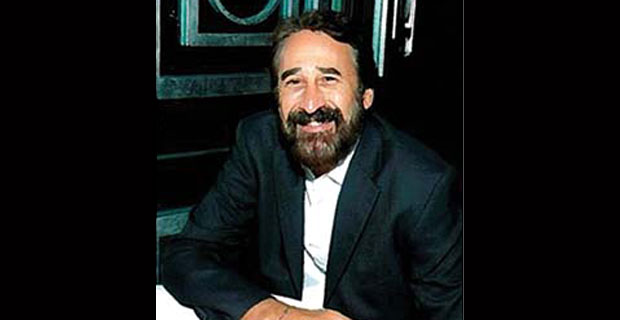Psychiatric Aspects of Concussion: What the Public Should Know
Sports concussion has become one of the most media covered topics in the world of sports globally. Key players missing
Many who sustain a concussion also report a brief period of difficulty with their vision and balance, along with short episodes of problems with short term memory, concentration and maintaining focus. These initial symptoms resolve quickly in the majority of cases. This rapid resolution results in many concussions going unreported and undiagnosed. This is an important issue, as the effects of mild concussions add up over time. Think of concussion like getting sunburn. One sunburn does not result in serious consequences. However, the more sunburns one gets, the greater the likelihood of adverse outcomes later in life, if not skin cancer, premature skin aging. In addition, like sunburn, the younger brain is more susceptible to the long-term effects of multiple concussions (and sunburns) over time. This is why a focus on safety in youth sports regarding concussion is so important. Although there are no definitive tests to diagnose concussion, a number of screening instruments exist and are currently in use in athletics and the military.
Virtually all of the existing tests are based on a change in scoring from a baseline and after a suspected concussion has occurred. For these test to be helpful in diagnosing a concussion, the baseline measure must be an accurate measure. Athletes have learned to underperform on baseline testing to avoid being taken out of competition after a concussion. All effort-dependent tests are vulnerable to this problem.
To date, no definitive treatments have been established. Appropriate rest is a key to recovery. Avoiding direct sunlight, overly loud noise, stress and mentally challenging activities are all helpful with recovery. Avoiding alcohol, aspirin, and stimulating drugs, along with 8 quality hours of sleep and maintaining hydration will all assist in recovery. No specific medications have been proven effective in all cases, and a physician knowledgeable in the treatment of concussion should manage all medications. Symptoms that last beyond a week to 10 days should be monitored by a health professional experienced in concussion management.











Comments.